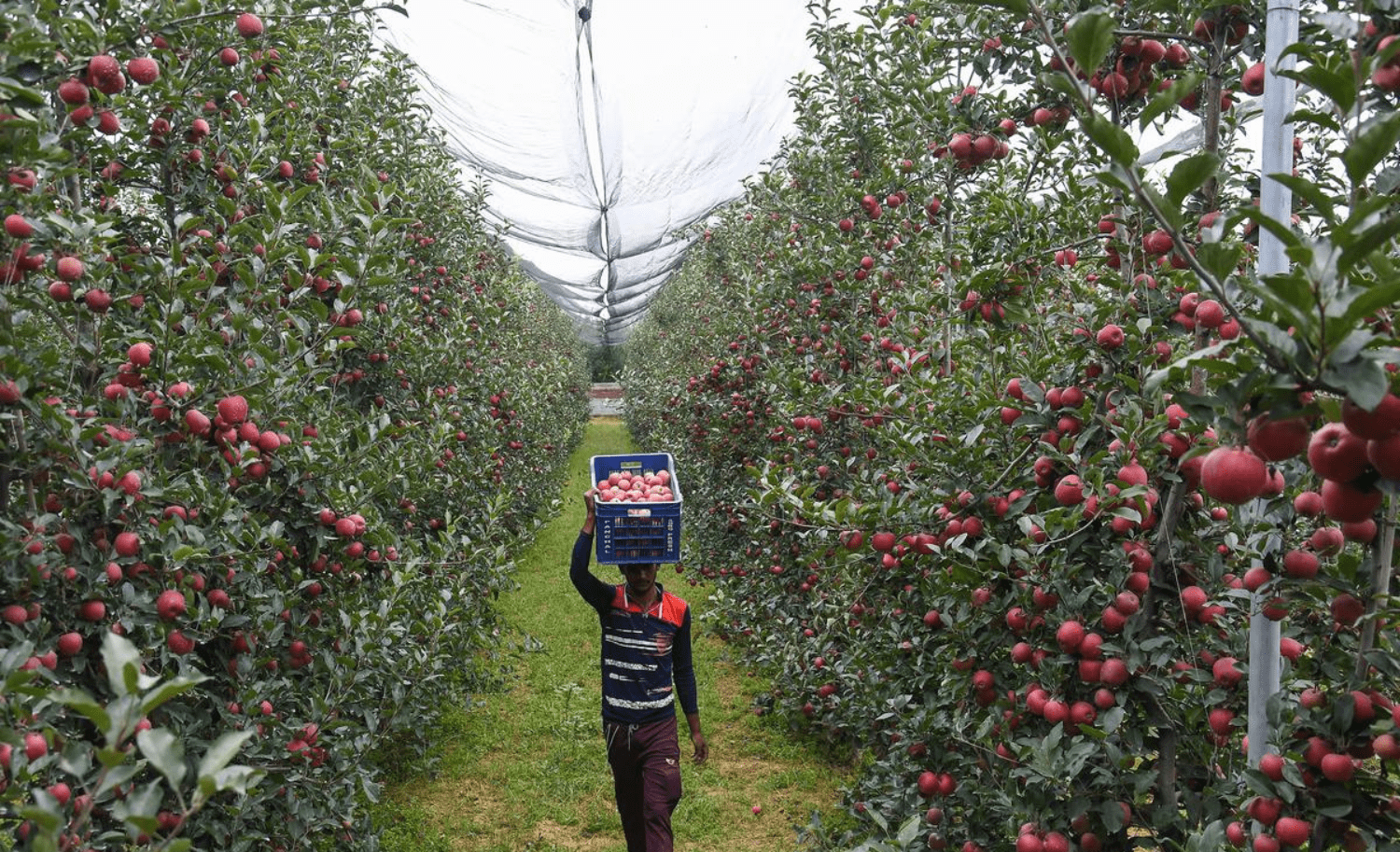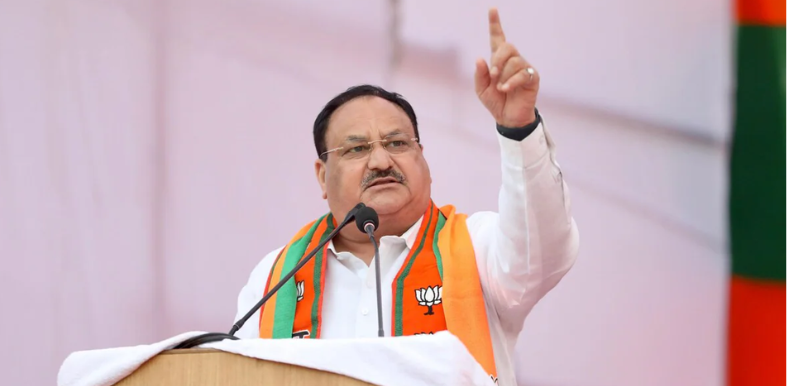TNR News Network
SHIMLA: Apple farmers in Himachal Pradesh have a reason to cheer as the Central Government is learnt to have has increased the minimum import price (MIP) of imported apples from Rs 50 to Rs 80 per kg.
The move is aimed at protecting domestic apple growers from the inflow of cheaper foreign varieties, especially from countries like Iran and Turkey, which have been adversely impacting local markets.
Relief for apple growers amid foreign competition
The decision comes as a major relief for apple orchardists in Himachal Pradesh, who have long demanded stricter controls on low-cost apple imports. With the new MIP of Rs 80 per kg, foreign apples are expected to retail at a minimum price of Rs 130 per kg in India after adding import duties.
This will help narrow the price gap between domestic and imported apples, offering fairer competition for local producers.
Apple grower organisations like the Progressive Growers Association (PGA) have welcomed the decision. PGA members Chaman Tanta and Sunil Chauhan said that the association had been pushing for a hike in MIP for a long time and considered this a positive step. However, they continue to urge the government to raise the MIP further to Rs 100 per kg for greater protection.
Long-standing demand bears fruit
Chetan Singh Bragta, BJP spokesperson in Himachal Pradesh whose father late Narinder Bragta was once the state Horticulture Minister, called the move “historic and bold,” crediting the Narendra Modi government for taking a farmer-friendly and visionary decision.
At a press conference held in Shimla, Chetan Bragta emphasised that this measure would curb the unregulated entry of foreign apples and pave the way for better prices for Indian apple producers.
Concerns over loopholes and future tariffs
While the announcement has been widely welcomed, concerns remain over the unchecked import of apples through South Asian Free Trade Area (SAFTA) routes, particularly Iranian apples entering India duty-free via Afghanistan and Pakistan. Farmers have urged the Centre to plug these loopholes to ensure the MIP regulation is effective.
Harish Chauhan, convener of the Sanyukt Kisan Manch, warned that without strict enforcement, the policy may not deliver the desired results as past MIP rules were poorly implemented. He also sought clarity on the “Trump tariff” set to take effect from July 9, amid reports suggesting the government might reduce import duties on apples, a move that could counteract the benefits of the MIP hike.





